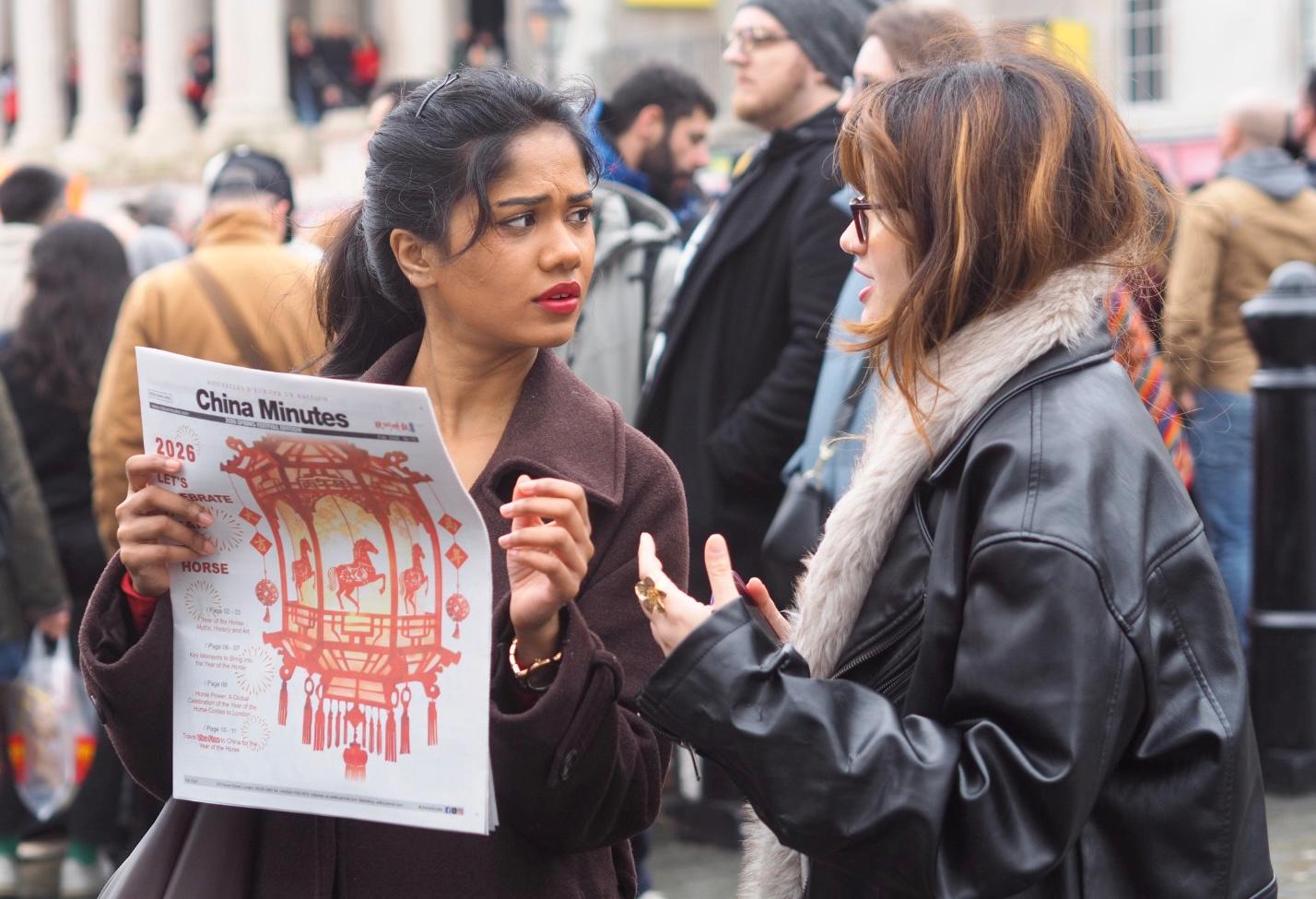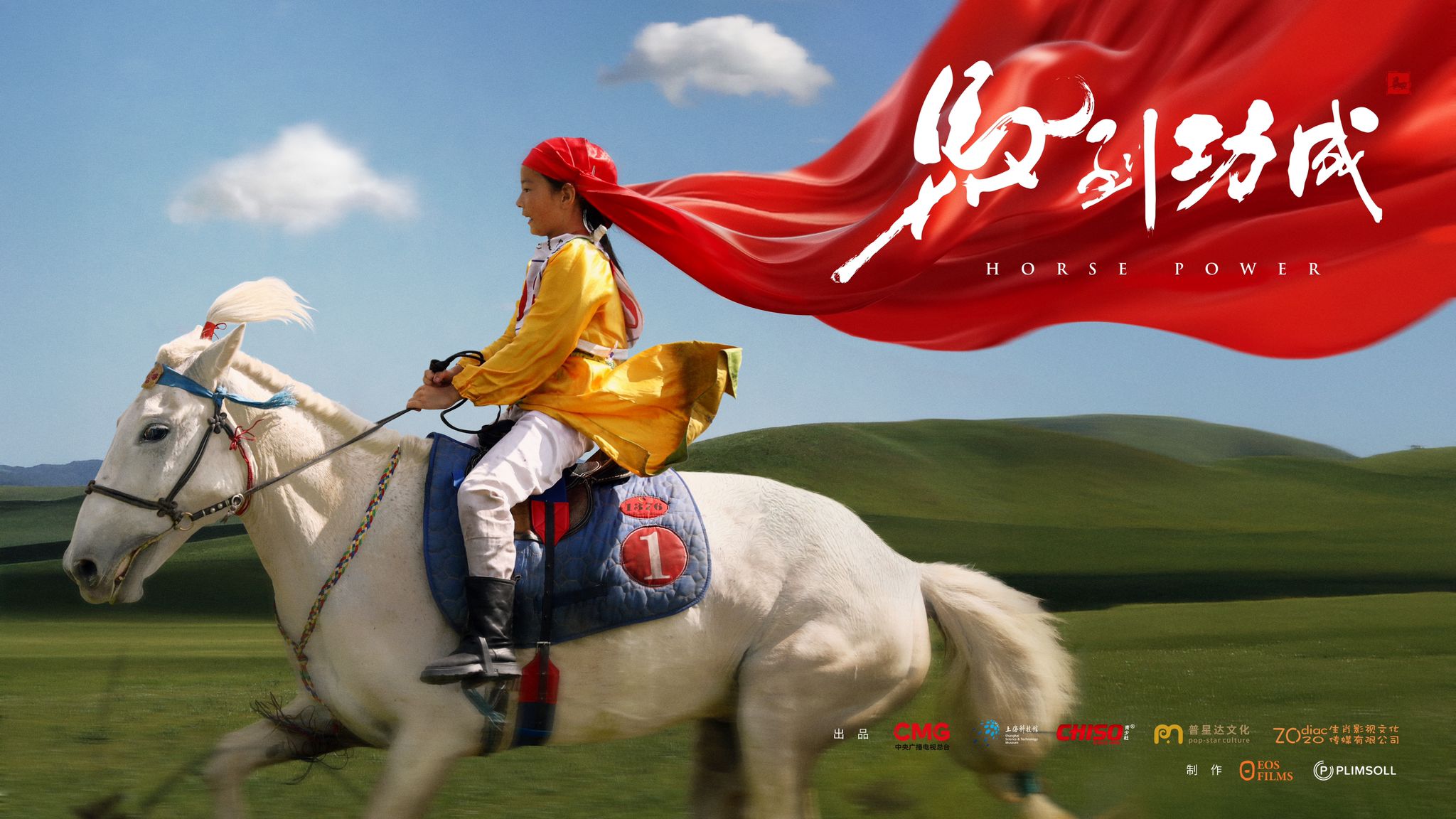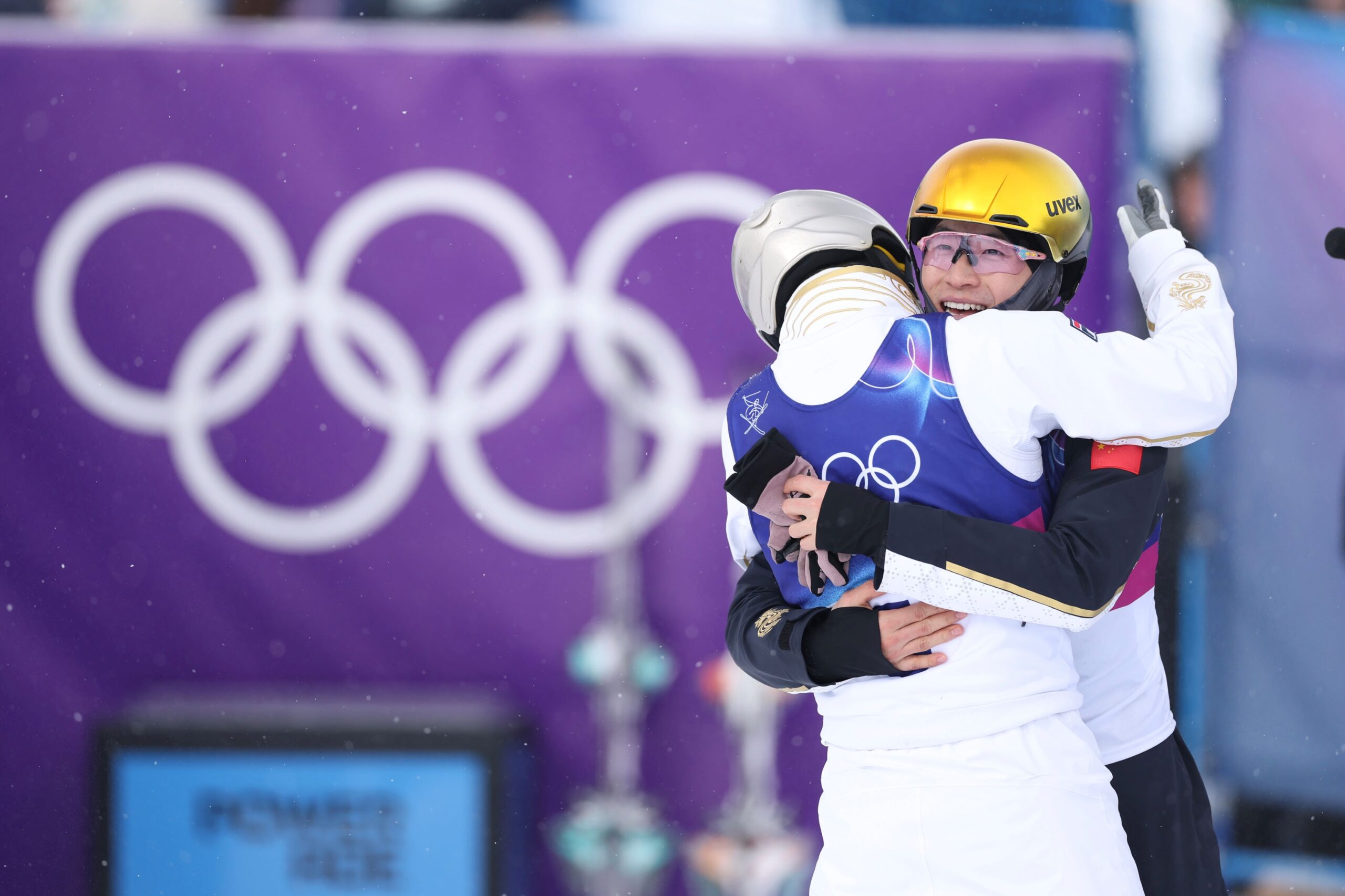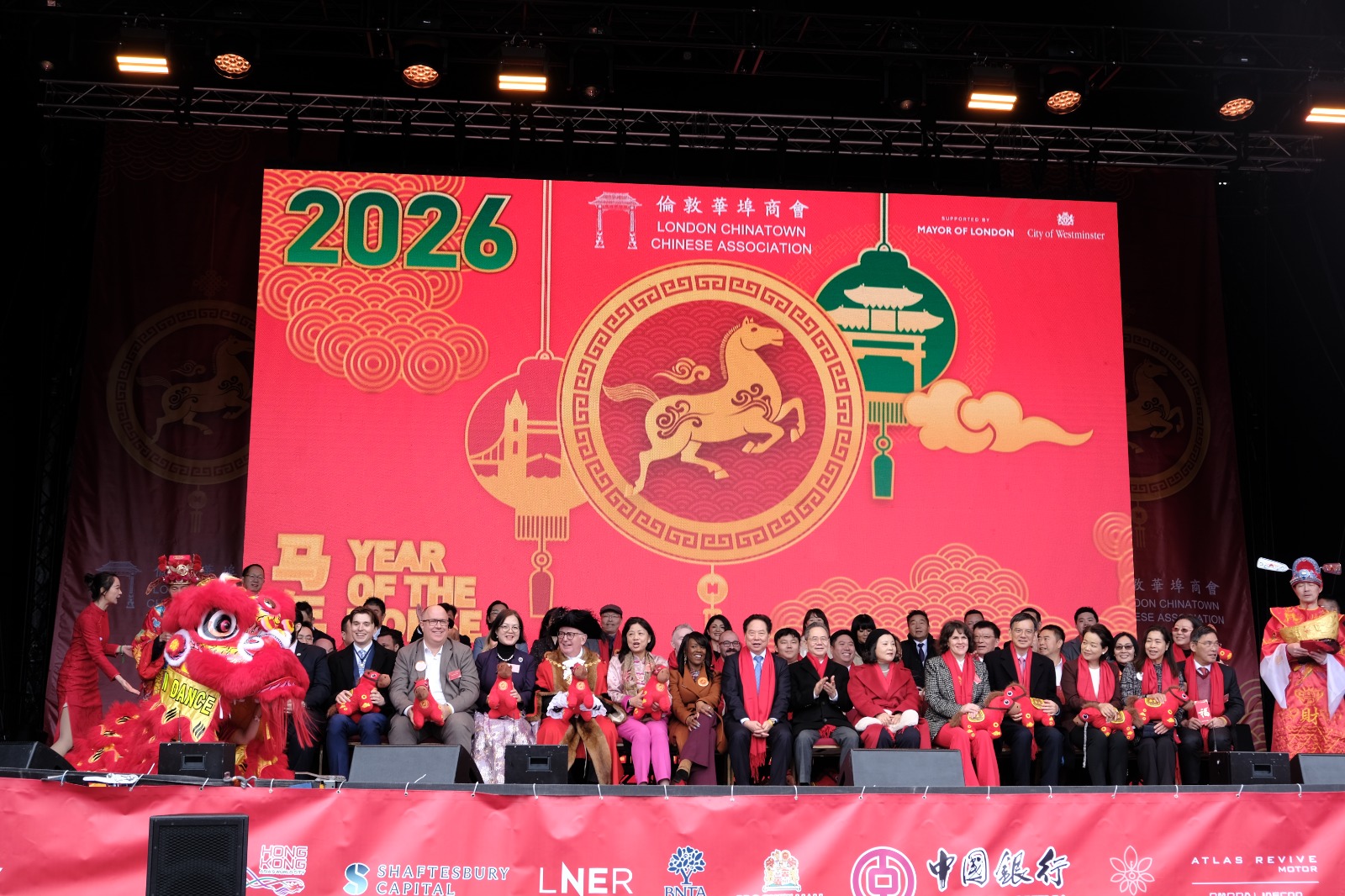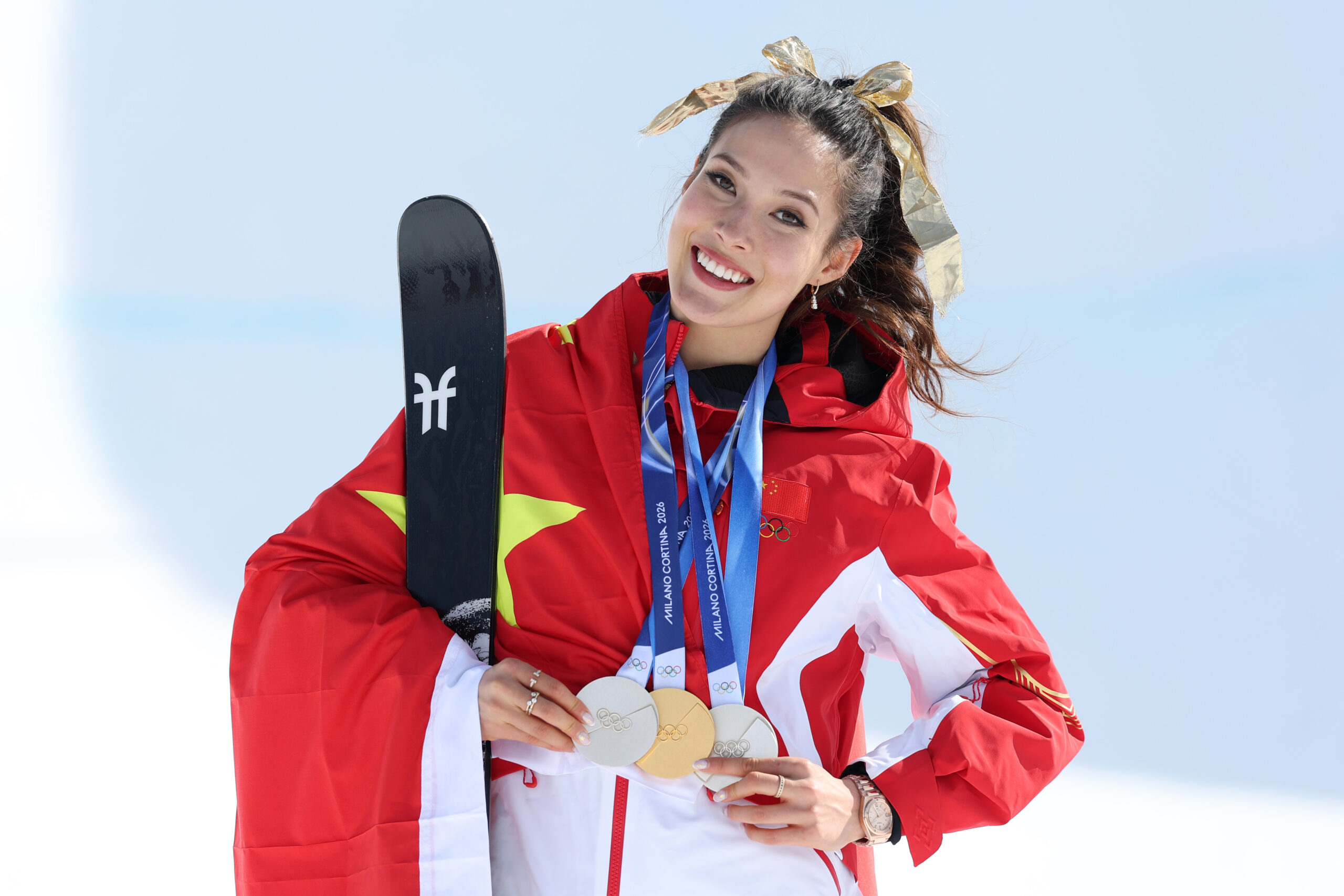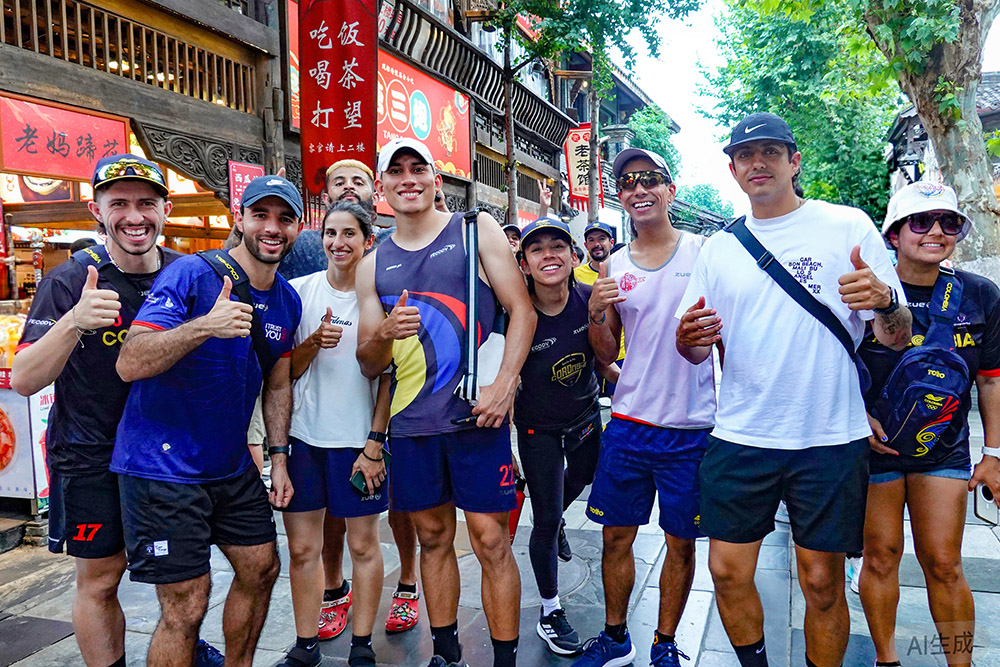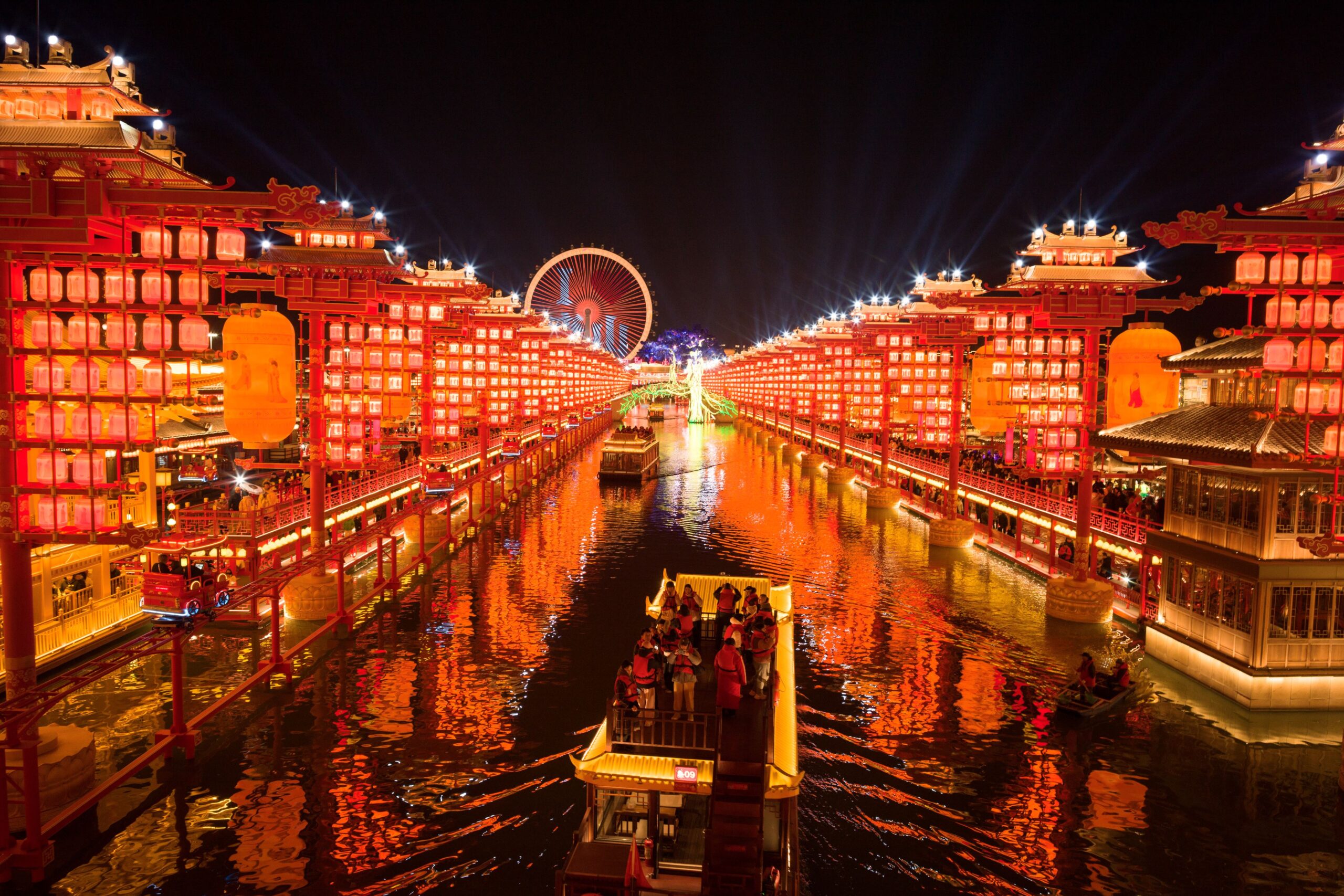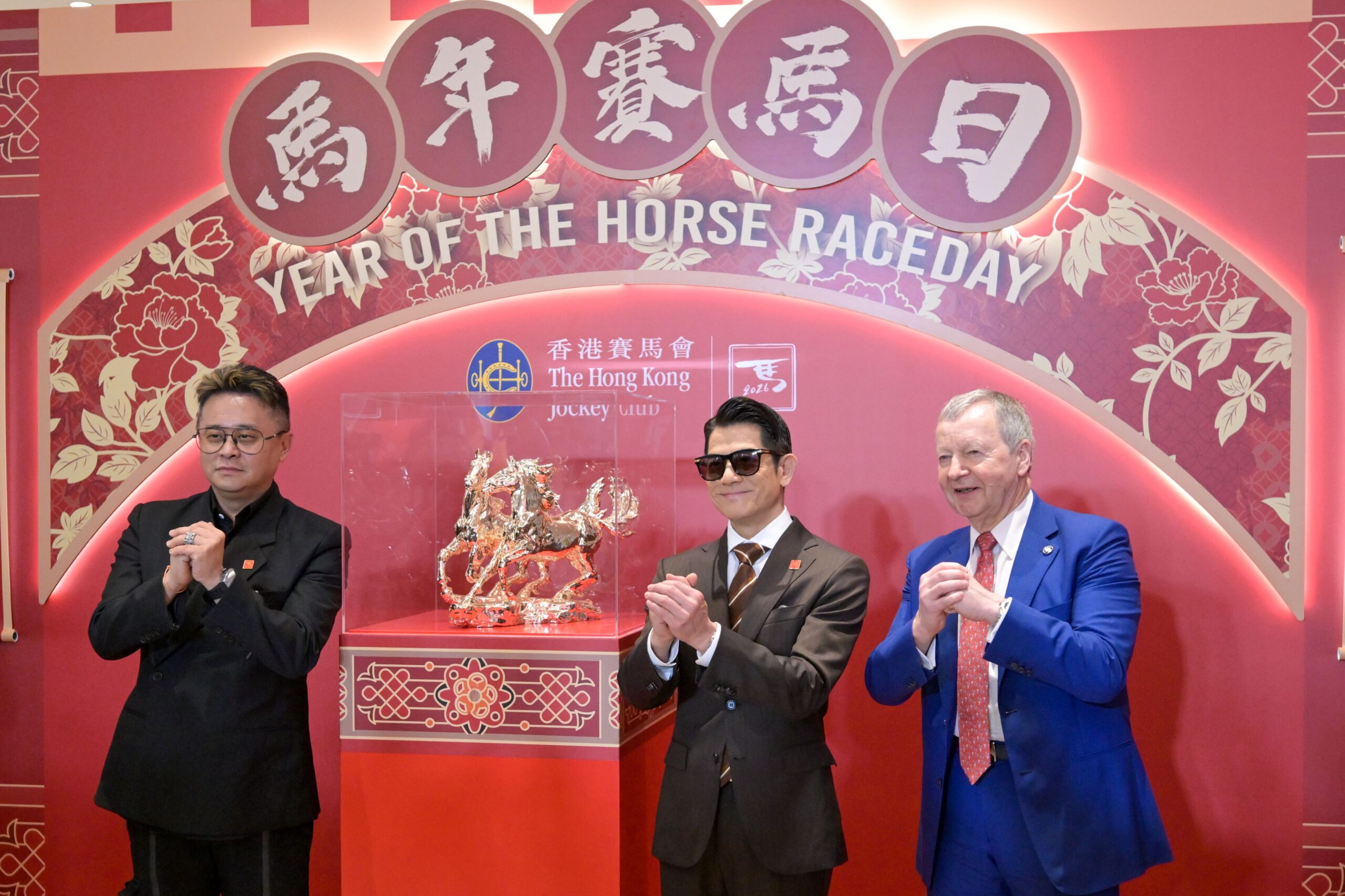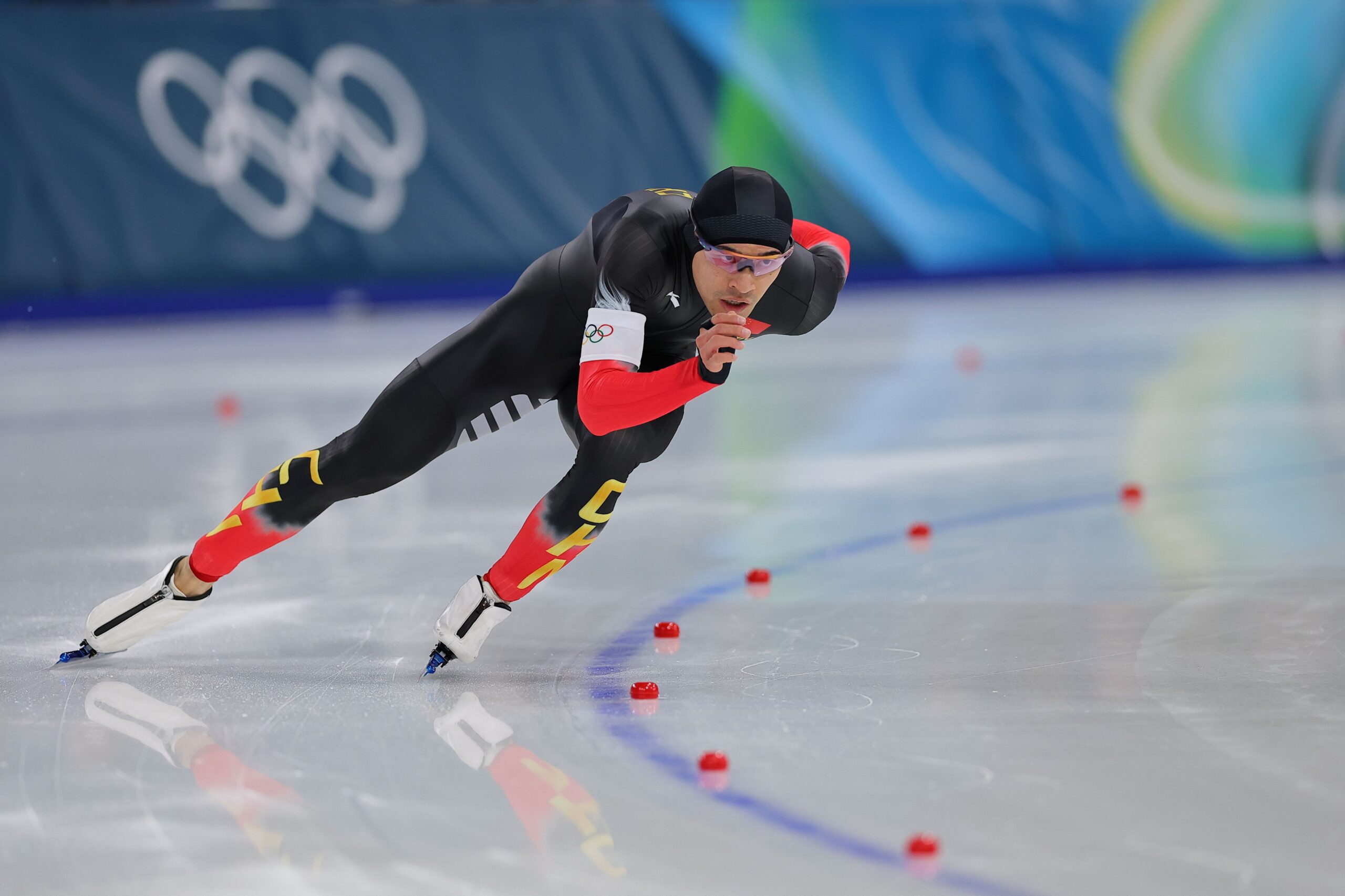Chinese traditional sports were on show at the nine-day Ethnic Minority Games, becoming a platform for fostering friendships among all ethnic groups in China.
The 12th National Traditional Games of Ethnic Minorities of China opened in Sanya recently, the coastal city of Hainan Province. Nearly 7,000 athletes representing 35 delegations across China compete in 18 sports and three demonstration sports during the nine-day event, which will conclude on November 30.
Chinese traditional sports such as Hua Pao (sparkler-grabbing), pearl ball, coconut-tree climbing race, and single bamboo drifting were played at the games. They originated from specific ethnic groups or regions as traditional activities but evolved into sports events. At the National Traditional Games of Ethnic Minorities of China, there was participation from multiple ethnicities showcasing ethnic integration through spirited contests.
Coconut-Tree Climbing Race

One of the new Chinese traditional sports at the games this year was the coconut-tree climbing race. It originates from a traditional form of labour within Hainan’s ethnic communities — climbing trees to harvest coconuts. Combining entertainment with competition, the sport has quickly become a highlight of the games.
“It’s fun to climb up the coconut tree,” said Zhou Liping, a competitor from Guangdong Province. “This sport started in Hainan, and while I’m not from here, I’ve enjoyed experiencing how the locals harvest coconuts.”
Li Li, the chief referee of the coconut-tree climbing race, said the event helps preserve the traditional practice, and educates people about its origins and development.
Huapao

Another standout sport is the sparkler-grabbing event, or Huapao, a competitive team sport with a history of over 500 years.
Traditionally played by ethnic minorities in southern China, Huapao matches are often held during the local Sanyuesan festival, or after the autumn harvest in places like Guangxi Zhuang Autonomous Region and Guizhou Province. In its traditional form, the contest is open-ended, with no limits on the number of players or playing fields.
“It is a highly competitive and team-oriented sport,” said He Zhongliang, a member of the Beijing Huapao team. “It requires speed, strength and agility, but above all, teamwork is essential.”
For Wei Kaixuan, an athlete from Guangxi’s Liuzhou City, Huapao is more than just a game — it’s a cherished tradition. “In my hometown, Huapao competitions are held every year. We’ve always been passionate about the sport,” Wei said.
He expressed excitement about the growing recognition of ethnic sports nationwide. “Our school actively promotes these activities to preserve and pass on these traditions,” he said.
Maire Ball

“This looks like hockey!” A curious spectator exclaimed, sparking a conversation among onlookers. “They’re using sticks to hit the ball and trying to score, just like hockey.”
What they were witnessing at the event wasn’t hockey but Maire Ball, an ancient Uygur sport originating from Hotan Prefecture in northwest China’s Xinjiang Uygur Autonomous Region.
“It is indeed similar to modern hockey,” explained Metrozi Imin, a retired sports official from Yutian County, Hotan, who has spent over 20 years advocating for the sport.
“But unlike hockey, it doesn’t have a goalkeeper or strict requirements for field size or team numbers. From just a few players to dozens, you can start a match almost anywhere,” he added.
Once widespread in ancient times, this traditional game still holds a special place in the hearts of the people of Yutian, a small town on the southern edge of the Taklamakan Desert, the world’s second-largest shifting sand desert.
In Yutian, Maire Ball is more than just a game — it is a way of life.
Written by Chen Wang, additional reporting by Xinhua and Ecns.
If you liked this article why not read: Young Chinese Embrace “Marathon Life”

